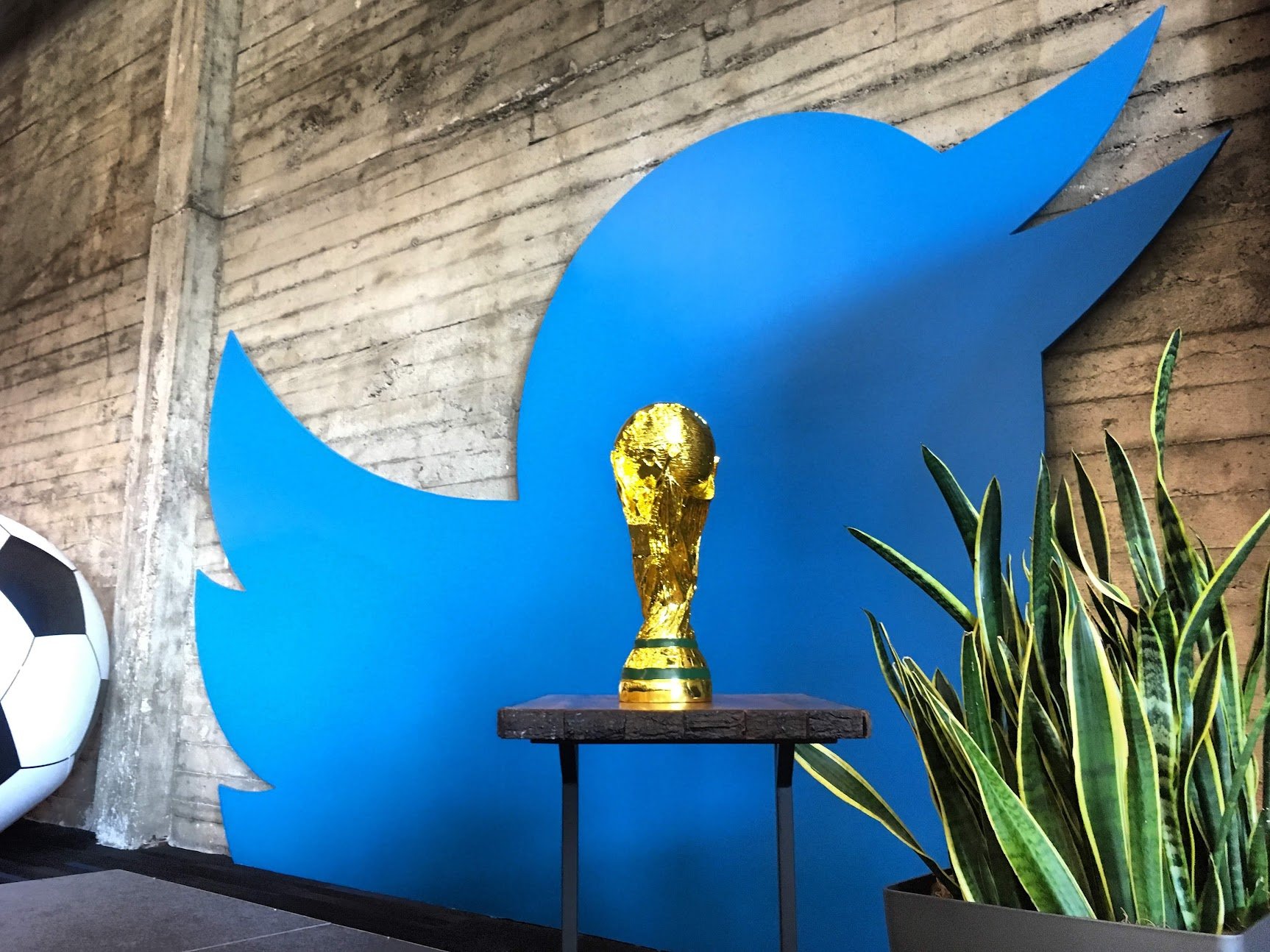I spent most of the day watching the World Cup (Argentina, wha’ happened‽), and it I was reminded of a couple of ideas that I’ve touched on in the last few days. First, witnessing these matches with a community is so much better than watching alone. Second, a great deal of work goes into creating and maintaining a community. Tonight, I want to look at both of those ideas a little bit, and revisit some of the analogies and thinking we used to use while creating experiences for new users of Twitter.
One of the recurring ways we talked about Twitter was by comparing it to a party. This worked on many levels, and failed on a few, but for now, let’s stick with it, shall we? As a guest, the first item you need for a party is an invitation. You can’t go to a party you don’t know about, right? So, we needed to make sure we built in a way for people who had encountered Twitter in the wild to know that they were welcome to come visit. And they didn’t even need to bring anything. When Tweets were embedded in news articles, for example, we built a system so that if you didn’t have an account, you could still select the Tweet and navigate to a page with it, and the most relevant replies about it, as well as a quick way to create your own account so you could add a reply of your own.
There were a number of other ways for people to come across Tweets, and for people without accounts, they all needed to act like invitations, no matter where these invites were discovered. Not many people want to go to some random party, though, so we also needed to let people know that they’d both be welcome and have people there who they’d want to be with, talking about topics they’re interested in. This was always one of our hardest jobs, and, admittedly, we didn’t always get it right. Whether it was using people’s location or address book contacts or explicitly asking for the topics and interests most important to them, creating a warm welcome in those first few minutes after walking through our theoretical threshold were make-or-break for whether people wanted to stay at our soirée.
No matter how we tried to do it though, one idea was clear: If we didn’t present people with interesting Tweets, either about topics they wanted to read about or from accounts they were interested in, people would question why they were there and not stay very long. Those first few moments, the moment that figurative front door opened and our guest scanned the room to see who was welcoming and where they could find a perch, was the pivotal moment for Twitter to show its value. But because Twitter is such a uniquely individualized experience for everyone, there wasn’t really a great way to throw the same party for everyone on the globe. Which is how and why the party analogy starts to break down.
See, in those early hours and days, Twitter is work. Seriously. Think back to how much time you put in to finding and following the accounts you have in your Timeline. Those didn’t just appear all at once. Sure, we built some tools and systems to recommend handfuls of hopefully relevant accounts to you, but you still had to search and scroll and open profiles and vet each and every follow decision, sometimes waiting a few days to see what kind, and how often, the accounts you chose to follow Tweeted something interesting. Nobody wants to do that much work, especially at a party, but if you invested in the effort, the payoff was like no other. Which is why we’re seeing so many people struggle to replace Twitter with something else.
New platforms like Post. or Hive Social or anything that comes after are all going to face some version of the same problem: They’re not Twitter. The communities we’ve built for ourselves, some for more than a decade and a half, are not going to be recreated in two weeks, no matter how fast they are working through their waitlists. What we need, honestly, is patience. We are going to fragment. And then we’ll start to reconvene. Maybe we’ll gather around events, or maybe it’ll be because we’re all talking about the same topic. But however it happens, it’s going to be slow and we’re going to need to be mindful of the mistakes we’ve made in the past. Think of it like this: Yes, we had a great time at our 21st birthday party, but there were some people there and some decisions made that we probably regretted the next morning. As we start planning for our metaphorical 22nd birthday, maybe we should just invite a few close friends over for some snacks and a nice board game. Nobody wants to try and host a party in a global town square.
See you tomorrow?








